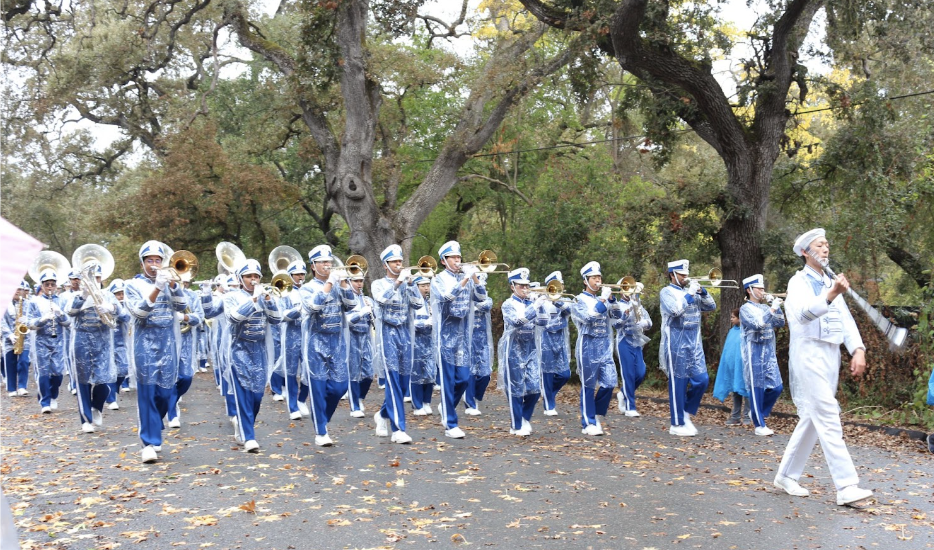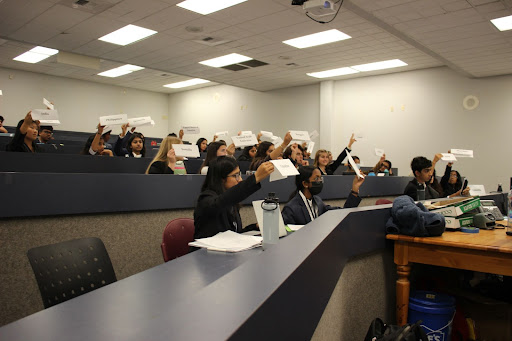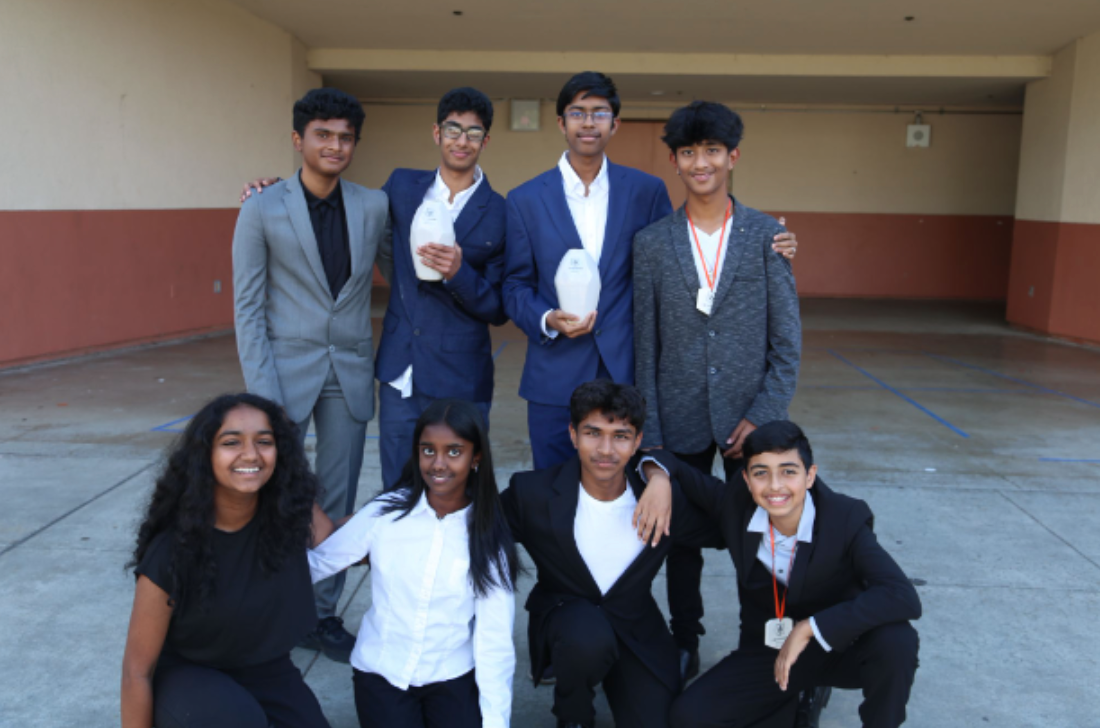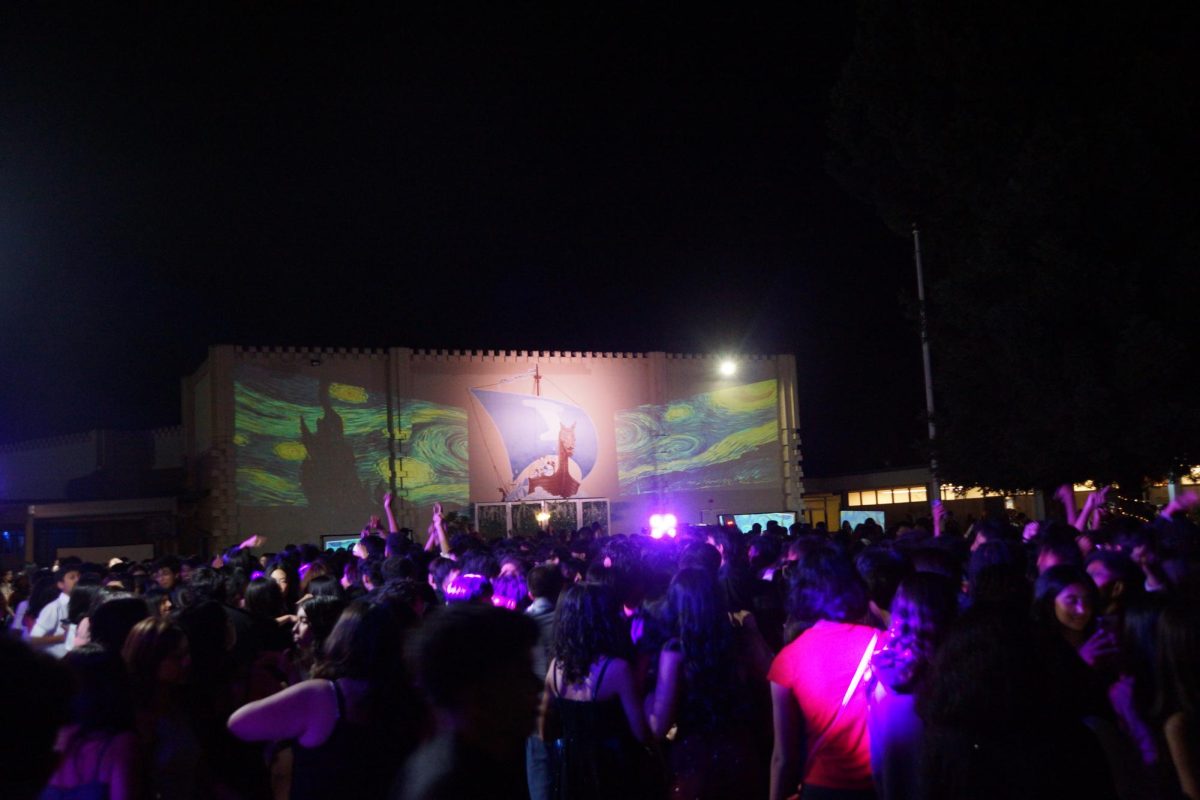Srija Srinivasan | Staff Writer
Race to Nowhere, a film shown on October 8th in Valhalla and the cafeteria, conveyed a message all too familiar to our student body: stress caused by excess schoolwork is much too intense for growing adolescents. The film documents the stories of several overworked students. Senior Arpita Satpathi, junior Yumna Ahsan, and freshman Abhiram Prattipati described their feelings in response to this expository film.
1. Did you relate to the events described?
Arpita Satpathi: “I think that to a degree everyone can relate to the events described. They may not necessarily be able to relate personally, but everyone knows at least someone they see struggling from too much academic pressure.”
Yumna Ahsan: “Yes. School has been a very stressful thing in my life since around Junior High because of the amount of pressure put on me and other students.”
Abhiram Prattipati: “Homework seems easy to me. Tests are hard, especially in math because I don’t know to study and grades freak me out.”
2. Is it the students’, parents’, or teachers’ fault? Why?
Arpita Satpathi: “I think that it’s not directly any specific person’s fault. However, parents put a lot of pressure on children; these children feel overwhelmed and they don’t want to disappoint anyone. They develop self-esteem issues and their mental health is affected. Also students have around six classes per day; each teacher assigns a significant amount of homework. All together, it takes a student many hours to complete homework assigned by all of their teachers. Also, students overload themselves by taking on workloads that are difficult for them to handle.”
Yumna Ahsan: “I think parents and teachers are at fault because teachers assign too much unnecessary work (in my opinion) and then parents are constantly pressuring you at home. So basically teachers stress you out at school and parents at home. A little bit of pressure is fine but too much can be harmful”
Abhiram Prattipati: “It’s my fault because it takes me a long time to do anything. I often get distracted a lot of time, and I postpone assignments.”
3. What do you think could be done to the school system to fix these issues?
Arpita Satpathi: “Like how it was mentioned in the documentary, I believe that the amount of homework each night should be reduced. If this were to happen students would have more time to “de-stress” after completing homework each night. As it was mentioned in the documentary, I believe that this method may actually raise test scores.”
Yumna Ahsan: “I think the school system should require less homework given. They should focus on the important things. Some assignments are just busy work.”
Abhiram Prattipati: “Teachers must know the student’s ability before giving so many assignments. Going to a college is important, but parents don’t have the right to force their kids in top colleges.”
Additional comments:
Arpita Satpathi: “I think that this documentary is an accurate portrayal of the academic pressure of school these days and how it affects each and every student.”
Yumna Ahsan: “There should be a small amount of pressure on kids always, only enough to motivate them. Students shouldn’t be stressed out to the point where it begins to harm them.”













